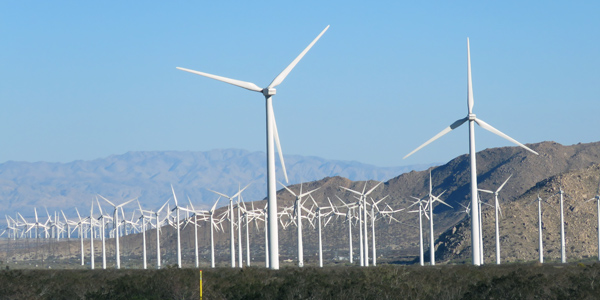By Robert Mullin
FERC last week rejected a CAISO proposal to extend the life of a program designed to protect some renewable energy resources from being assessed uplift costs associated with their variable output (ER17-1337).
The ISO established the Participating Intermittent Resource Program (PIRP) in 2014 as part of enhancements to its real-time market under FERC Order 764. PIRP provided older variable energy resources (VERs) a three-year transition period in which to acquire the capability to respond to dispatch instructions, during which they would avoid being assessed for startup costs for conventional generation needed to respond to uninstructed, intermittent output.
The program also accommodated renewable resources that needed additional time to renegotiate long-term power purchase agreements that expressly prohibited them from responding to real-time price signals.
CAISO earlier this year proposed to extend PIRP for an additional year until Apr. 30, 2018, contending that several resources operating under the program required more time for the transition. The ISO contended that the nine resources using the program had received a net benefit of $5.6 million between 2014 and 2016, an amount that was not expected to increase significantly with a one-year extension. The cost of extending the measure would continue to be allocated across all ISO scheduling coordinators.
In denying the extension, FERC said that “CAISO has not argued that the three-year transition period was an unreasonable time frame, or that circumstances have changed since the commission originally accepted” PIRP. The commission also noted that extending the program would expose market participants to additional uplift charges for another year while not guaranteeing that the protected resources would resolve their challenges during that time.
“Further, CAISO does not assert and the record does not indicate that allowing the protective measures to expire on April 30, 2017, would pose a risk to reliability, or that the relevant VERs would suffer significant financial losses as a result of their expiration,” the commission said.
The commission also agreed with Pacific Gas and Electric that allowing PIRP to remain in place would not give the relevant resources an “economic incentive” to respond to CAISO dispatch signals.
“CAISO itself has highlighted the need for resources to respond more quickly to CAISO dispatch instructions to curtail generation during oversupply conditions,” the commission said.





